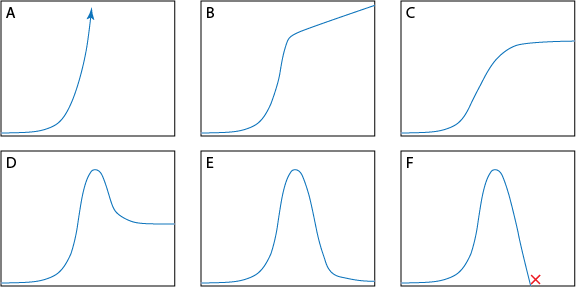
Photo from Monash Universiry
I recently came across a statement to the effect that once we transition away from fossil fuels to renewable energy like solar, wind, and hydro, we would essentially be home free for the long run—tapping into inexhaustible flows. It is a very pleasant notion, to be sure, and one that I believe is relatively common among enthusiasts for renewable energy.
Naturally, I am concerned by the question of: what magnificent things would we do with everlasting copious energy? As an excellent guide, we can ask what amazing things have we done with the recent bolus of energy from fossil fuels? Well, in the course of pursuing material affluence, we have eliminated 85% of primeval forest, made new deserts, created numerous oceanic dead zones, drained swamps, lost whole ecosystems, almost squashed the remaining wild land mammals, and initiated a sixth mass extinction with extinction rates perhaps thousands of times higher than their background levels—all without the help of CO2 and climate change (which indeed adds to the list of ills). These trends are still accelerating. Yay for humans, who can now (temporarily) live in greater comfort and numbers than at any time in history!
But the direction I want to take in this post is on the narrower (and ultimately less important) technical side. All the renewable energy technologies rely on non-renewable materials. Therefore, inexhaustible flows are beside the point. It’s like saying that fossil fuel energy is not practically limited by available oxygen for combustion, so we can enjoy fossil fuels indefinitely. Or that D–T fusion has billions of years of deuterium available, when there’s no naturally-occurring tritium (thus reliant on limited lithium supply). In a multi-part system, the limiting factor is, well, the limiting factor. Sure, into the far future the sun will shine, the wind will blow, and rain will fall. But capturing those flows to make electricity will require physical stuff: all the more material for such diffuse flows. If that stuff is not itself of renewable origin, then oops. The best guarantee of renewability is being part of natural regeneration (i.e., of biological origin). If solar panels, wires, inverters, and batteries were made of wood and the like: alright, then.
Recognizing that biological organisms—plants and the animals that directly or indirectly draw energy from them—have already figured out how to tap into (essentially) inexhaustible flows—solar, primarily—I became interested in comparing the performance of the human animal to that of a solar panel or wind turbine, in terms of mineral requirements. After all, the biosphere gets by without mining the depths. So let’s dig into the material requirements of life.
Continue reading →
Views: 8081









